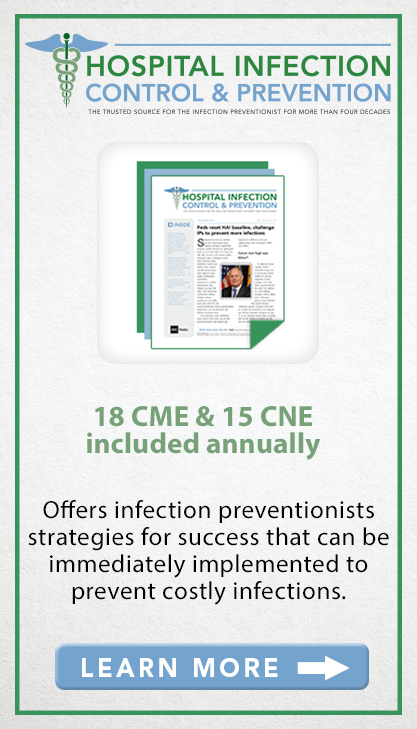Elevating the Heads of Women Post-Partum Improves Respiratory Safety
October 12th, 2016
BOSTON – Here’s a simple way to improve respiratory safety in women who just gave birth: prop them up in bed.
A study published online recently by the journal CHEST suggests an elevated upper body position might improve respiratory safety in women early after childbirth without impairing sleep quality.
Background information in the article notes that pregnancy-related maternal death occurs in 10 to 13 of 100,000 pregnancies and is attributable to anesthesia in 0.8% to 1.7% percent of the cases. A major cause of anesthesia-related maternal death is postpartum airway obstruction.

"Women who sleep with their upper bodies propped up 45 degrees in the days following childbirth can significantly reduce their risk of postpartum airway obstruction, a meaningful symptom of obstructive sleep apnea early after delivery," explained study author Matthias Eikermann, MD, clinical director in the Department of Anesthesia, Critical Care and Pain Medicine at Massachusetts General Hospital in Boston.
The article notes that while obstructive sleep apnea (OSA) isn’t that common in young women, about 4.9% suffer from the condition, which tends to worsen as pregnancy progresses and continues into the early post-partum period.
For the study, researchers enrolled 55 women during the first 48 hours after delivery. Polysomnography was performed in both non-elevated and 45 degrees elevated upper body position for 30% of the patients. In addition, upper airway cross-sectional area was measured by acoustic pharyngometry in non-elevated, 45 degrees elevated and sitting body positions.
The researchers report that elevation of the upper body significantly reduced apnea-hypopnea index from 7.7±2.2/h in non-elevated to 4.5±1.4/h in 45 degrees elevated upper body position during sleep.
“Moderate to severe OSA (AHI >15/h) was diagnosed in 20% of postpartum patients and successfully treated by elevated body position in half of them,” the authors write. “Total sleep time and sleep architecture were not affected by upper body elevation.”

